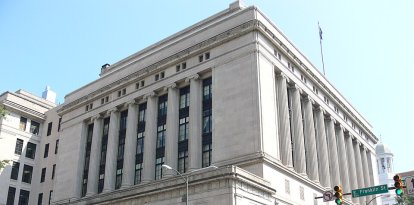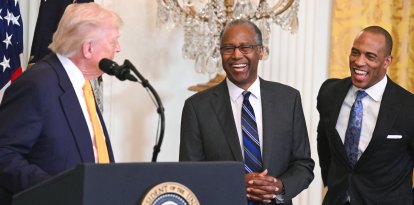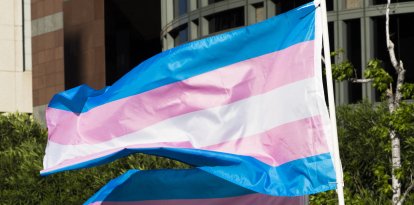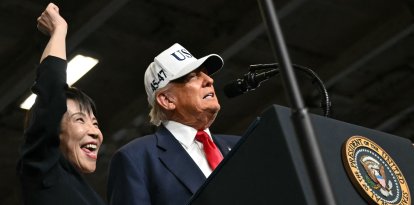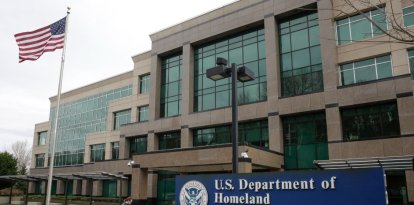Controversy in California for promoting an insurance bill named after Luigi Mangione
The ballot proposition would make it illegal for insurance companies to "delay, deny or modify any medical procedure or medication."

Luigi Mangione at one of his hearings.
Residents of California could vote on a new health care law named Luigi Mangione, the man accused of killing the CEO of UnitedHealthcare in cold blood.
The "Luigi Mangione Health Care Access Act" was introduced by retired Los Angeles attorney Paul Eisner, who said "the sick stunt" (naming the law after an alleged murderer) was necessary to gain publicity for the proposal.
The ballot proposal would make it illegal for insurance companies to "delay, deny or modify any medical procedure or medication" recommended by a physician if there could be serious consequences, according to the document filed with the California attorney general's office.
The legal comment also includes as aggravating factors "disability, death, amputation, amputation, permanent disfigurement, loss or reduction of any bodily function."
Last December, the terms "delay" and "deny" were written on bullet casings found at the scene of the incident in Midtown Manhattan where health insurance executive Brian Thompson was shot and killed.
The controversial name for a bill
The bill's name generated criticism. Eisner defended the use of Mangione's name and told the media that his proposal "is getting the attention it needs."
"People are tired of insurance companies denying them health care," the attorney added.
Eisner also reiterated that he supports Mangione's goals but not his use of violence.
What does the medical bill propose?
The new measure would allow patients to sue insurers and potentially receive attorney's fees and damages if successful.
The public debate period for the proposed measure ends April 25. After that, the attorney general's office will review the bill and craft its official title, so the name could change.
The proposal must gather more than 546,000 valid signatures from registered California voters to be placed on the November 2026 ballot.

















